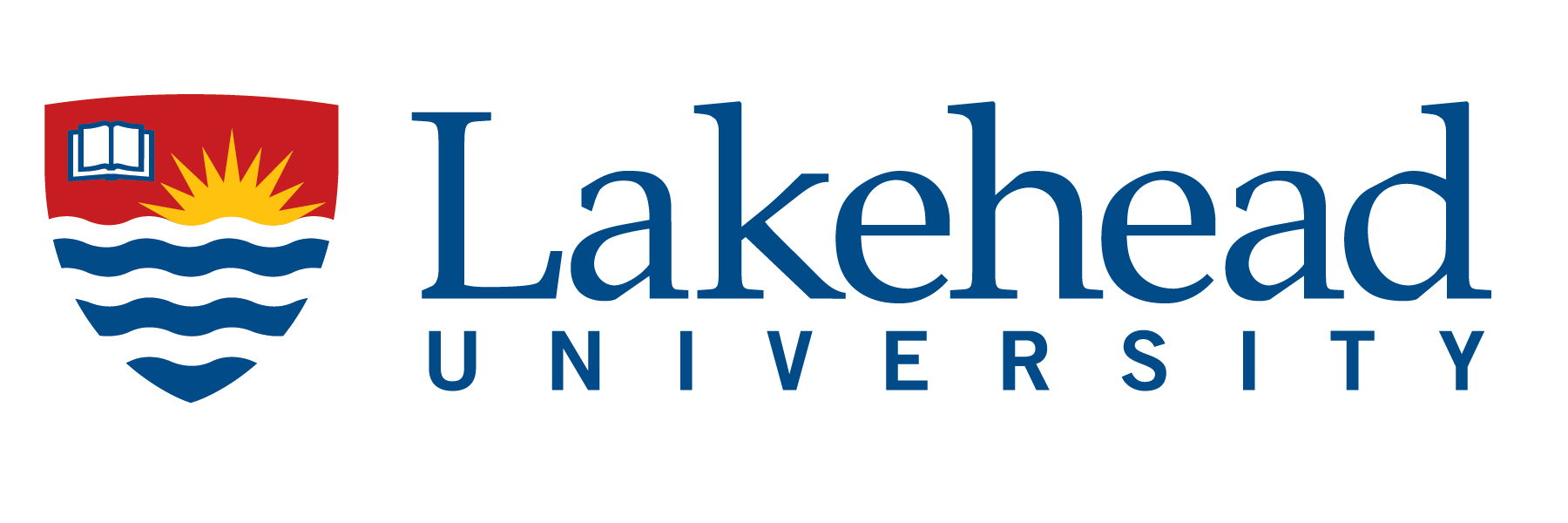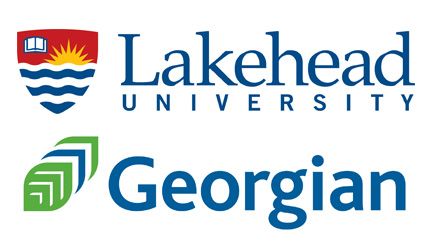Applied Life Sciences
Embark on a transformative journey in Applied Life Sciences, a dynamic field that bridges biology, chemistry, and technology to solve real-world challenges in health, environment, and agriculture. For Indian students aspiring to study abroad, this course opens doors to cutting-edge research and global career opportunities. Whether you're passionate about biotechnology, environmental sustainability, or medical innovations, Applied Life Sciences equips you with practical skills to make a meaningful impact. Explore top universities, curricula, and pathways tailored for international students from India.
What is Applied Life Sciences?
Applied Life Sciences is an interdisciplinary program focusing on the practical applications of biological and chemical sciences. Unlike pure theoretical studies, it emphasizes hands-on research, innovation, and problem-solving to address global issues like disease prevention, food security, and climate change. This field integrates knowledge from microbiology, genetics, biochemistry, and ecology, preparing students to develop solutions in pharmaceuticals, agriculture, and environmental management.
For Indian students, studying this abroad means access to state-of-the-art labs and collaborations with industry leaders. Programs often include internships, fieldwork, and projects that align with India's growing biotech sector, valued at over $100 billion and projected to reach $150 billion by 2025.
- Core Focus Areas: Biotechnology for drug development, sustainable agriculture, and bioinformatics for genetic analysis.
- Duration: Typically 3-4 years for bachelor's, 1-2 years for master's.
- Level: Undergraduate (BSc), Postgraduate (MSc), or PhD.
Why Study Applied Life Sciences Abroad?
India's education system is robust, but studying Applied Life Sciences abroad offers unparalleled advantages. International programs provide exposure to diverse ecosystems, advanced technologies, and multicultural teams—essential for a global career. For Indian students, this means bridging the gap between India's innovation needs and world-class resources.
Key benefits include:
- World-Class Facilities: Access labs with tools like CRISPR gene editing and AI-driven simulations, unavailable in many Indian institutions.
- Research Opportunities: Collaborate on projects funded by bodies like the EU's Horizon Europe or US NIH, leading to publications and patents.
- Global Network: Build connections with peers from over 100 countries, enhancing employability in multinational firms.
- Career Edge: Graduates earn 20-50% higher salaries abroad; returning to India, they qualify for roles in companies like Biocon or Serum Institute.
- Cultural and Personal Growth: Adapt to new environments, improving soft skills like communication and resilience—vital for leadership in India's diverse workforce.
Post-study work visas in countries like Canada (up to 3 years) or Australia (2-4 years) allow Indian graduates to gain experience before returning or staying abroad.
Top Universities Offering Applied Life Sciences
Select universities renowned for their Applied Life Sciences programs, ranked by QS World University Rankings 2023. These institutions prioritize international students, offering scholarships and support services.
| University | Country | Key Program | Tuition (Annual, Approx. in USD) | Notable Features |
|---|---|---|---|---|
| University of Toronto | Canada | BSc/MSc in Applied Biosciences | 25,000 - 35,000 | Strong ties with biotech hubs; co-op placements. |
| Imperial College London | UK | MSc in Applied Biosciences and Biotechnology | 30,000 - 40,000 | Focus on sustainability; industry partnerships with AstraZeneca. |
| Massachusetts Institute of Technology (MIT) | USA | BS in Biological Engineering | 50,000 - 60,000 | Cutting-edge research in synthetic biology; high employability. |
| University of Melbourne | Australia | BSc in Applied Science (Life Sciences) | 25,000 - 35,000 | Emphasis on environmental applications; post-study work visa perks. |
| ETH Zurich | Switzerland | MSc in Applied Biology | 1,500 - 2,000 (low for internationals) | Excellence in precision medicine; multilingual programs. |
These universities welcome Indian students, with dedicated offices for visa guidance and cultural integration.
Curriculum and Key Subjects
The curriculum in Applied Life Sciences is designed to blend theory with practice, ensuring graduates are industry-ready. Programs evolve based on emerging trends like personalized medicine and green biotechnology.
Typical Structure for a Bachelor's Program:
- Year 1: Foundations in biology, chemistry, and mathematics. Subjects: Cell Biology, Organic Chemistry, Statistics for Life Sciences.
- Year 2: Core applications. Subjects: Microbiology, Genetics, Bioinformatics.
- Year 3: Advanced topics and electives. Subjects: Biotechnology, Environmental Science, Pharmacology.
- Year 4 (if applicable): Research project or internship. Focus: Capstone on real-world problems like vaccine development.
For Master's, expect specialized modules:
- Genomic Engineering and CRISPR Technology
- Sustainable Agriculture and Food Biotechnology
- Bioethics and Regulatory Affairs
- Lab Techniques: PCR, Spectroscopy, Tissue Culture
Many programs include 20-30% practical training, with assessments via exams (40%), projects (30%), and labs (30%). Indian students benefit from flexible credits transferable from IITs or other top Indian universities.
Career Opportunities
Applied Life Sciences graduates are in high demand globally, with the biotech industry growing at 15% annually. In India, sectors like healthcare and agritech offer booming prospects.
Popular Career Paths:
- Biotechnologist: Develop new drugs or GM crops; average salary: $70,000 USD abroad, ₹8-15 lakhs in India.
- Environmental Consultant: Advise on sustainability; roles in firms like Deloitte or Indian NGOs.
- Research Scientist: Work in labs at Pfizer or CSIR; PhD holders earn up to $100,000 USD.
- Bioinformatics Specialist: Analyze genetic data; high demand in genomics companies like Illumina.
- Quality Control Analyst: Ensure product safety in pharma; entry-level roles start at ₹5-7 lakhs in India.
Employability rate: 90% within 6 months of graduation. For Indian returnees, opportunities in startups via Atal Innovation Mission or government initiatives like Make in India boost prospects.
| Job Role | Average Salary (USD/Year Abroad) | Average Salary (INR/Lakhs in India) | Growth Projection (2023-2030) |
|---|---|---|---|
| Biotechnologist | 70,000 | 10 | 15% |
| Research Scientist | 90,000 | 12 | 18% |
| Environmental Specialist | 65,000 | 8 | 12% |
Eligibility and Admission Requirements
Admission is competitive but accessible for meritorious Indian students. Requirements vary by university and level.
For Bachelor's:
- 12th grade with PCB (Physics, Chemistry, Biology) at 70-85% from CBSE/ICSE.
- English proficiency: IELTS 6.5+ or TOEFL 80+.
- SAT/ACT optional for some US programs.
- Statement of Purpose (SOP) highlighting interest in life sciences.
For Master's:
- BSc in relevant field with 60%+ GPA.
- IELTS/TOEFL as above; GRE for US universities.
- 2-3 Letters of Recommendation (LORs) from professors.
- Research experience or internships preferred.
Application deadlines: September intake (apply by January); January intake (apply by September). Indian students should prepare for student visas early—documents include financial proof (₹10-15 lakhs bank balance) and academic transcripts.
Scholarships and Financial Aid
Funding is crucial for Indian students; many options cover 20-100% of costs.
- University-Specific: University of Toronto's Lester B. Pearson Scholarship (full tuition for undergrads).
- Government of India: National Overseas Scholarship for SC/ST students (up to ₹20 lakhs).
- International: Chevening Scholarships (UK, full funding); Fulbright-Nehru (USA, for master's).
- Country-Specific: Australia Awards (partial funding); DAAD Scholarships (Germany, for research).
- Private: Inlaks Shivdasani Foundation (up to $100,000 for Indians).
Average cost: $20,000-50,000 USD/year including living expenses. Part-time work (20 hours/week) can offset costs—earn $10-15/hour in lab assistant roles.
Life as an International Student in Applied Life Sciences
Studying abroad is an adventure! Expect vibrant campuses with Indian student societies for festivals like Diwali. Challenges include homesickness, but support includes counseling and peer mentoring.
Tips for Indian Students:
- Budget for living: $800-1,500/month (rent, food, transport).
- Health Insurance: Mandatory, covers $100,000+; opt for university plans.
- Cultural Adaptation: Join clubs for yoga or cricket to stay connected.
- Visa Renewal: Maintain 80% attendance; part-time jobs via campus portals.
Success stories abound—Indian alumni like those from MIT lead biotech firms back home. With dedication, your Applied Life Sciences degree abroad can propel you to innovate for India's future.


